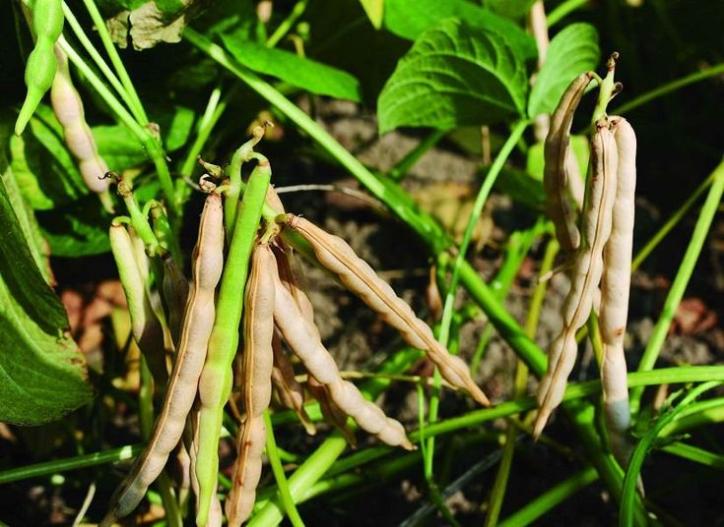Adenanthus Bean Plant
Adenanthus Bean grows up to 3 ft, thrives in well-drained soil, full sun, moderate moisture, edible and medicinal.

Habit
Herb
Height
2-3 ft
Growth
Moderate
Soil
Well Drained
Shade
Full
Moisture
Moderate
Edible
Yes
Medicinal
Yes
Origin
Australia
Climatic Condition
Tropical and Sub Tropical
Temperature (°)
15-30 °C
Humidity (%)
60-80%
Potting media
Peat+Sand
Fertilizers
Phosphorus rich (5:15:5)
Watering
Moderate, Well drained
Plant Weight
150-300 g
Flowering Time
Spring-Summer
Soil Ph level
5.5-7.0
Water Ph level
6.0-7.5
Soil EC
1-2dS/m
Yield Per Plant
Ornamental
NPK ratio
10:10:10
life Span
5-12 yrs
Health Benefits
Suggested Grow Media or Potting Mix ?
50% compost, 25% peat moss, 25% sand
Suggested Fertigation/Fertilizers
Fertilize every 6-8 weeks with balanced fertilizer.
Common Diseases and Remedies
Leaf Spot, Powdery Mildew, Rust, Aphid Infestation, Root Rot
Brown or black lesions on leaves, White powdery growth on leaves, Reddish or orange pustules on leaves, Distorted leaves and sticky residue, Wilting and stunted growth
Neem oil, Compost tea, improve air circulation, insecticidal soap, Improve soil drainage.
Copper-based fungicides, Sulfur-based fungicides, Fungicides with propiconazole, Chemical insecticides, Soil-applied fungicides
HEALTH BENEFITS
I believe you meant to ask about the health benefits of Adenanthera pavonina, also known as the Red-bead Tree or Adenanthus Bean. Here are some of the potential health benefits:
1. Antioxidant properties: Adenanthus Bean extracts have been shown to possess antioxidant properties, which can help protect against oxidative stress and inflammation.
2. Anti-inflammatory properties: The plant has been traditionally used to treat inflammatory conditions, and its extracts have been shown to possess anti-inflammatory properties.
3. Antimicrobial properties: Adenanthus Bean extracts have been shown to possess antimicrobial properties, which can help protect against infections.
4. Cardiovascular health: The plant has been traditionally used to treat cardiovascular conditions, and its extracts have been shown to possess cardioprotective properties.
5. Neuroprotective properties: Adenanthus Bean extracts have been shown to possess neuroprotective properties, which can help protect against neurodegenerative diseases.
6. Anticancer properties: Some studies have suggested that Adenanthus Bean extracts may possess anticancer properties, although more research is needed to confirm this.
7. Digestive health: The plant has been traditionally used to treat digestive conditions, and its extracts have been shown to possess prebiotic properties.

